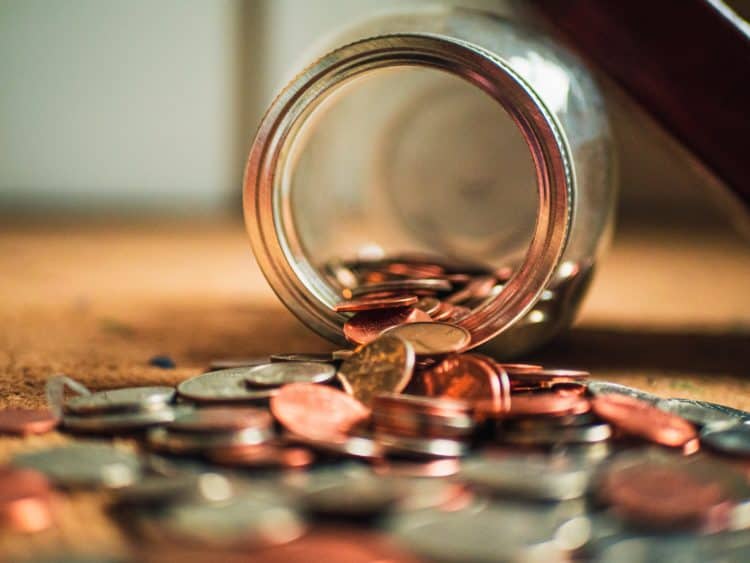Moody's baseline scenario predicts a trailing 12-month APAC high-yield non-financial corporate default rate of 6.0% in 2020, up from 1.1% in 2019.
Fluid economic and health conditions add uncertainty to the credit outlook, with stimulus measures providing corporates with only partial relief, the credit rating agency observed.
The APAC high-yield default rate for non-financial corporates will stay high and that policy stimulus will provide companies with some relief, but not fully offset escalating credit risks, the firm added.
"The second quarter of 2020 is likely to be the worst quarter for global economic contraction since World War II, with no quick recovery in sight," said Clara Lau, a Moody's Senior Vice President and Group Credit Officer.
The ability of businesses to recover will depend on the pace of a rebound in consumer demand, which in turn hinges on governments' ability to restore confidence by reducing fear of contagion, she noted.
However, if new widespread outbreaks take place, there will be renewed economic disruptions, Lau said.
Under a pessimistic scenario, where a longer period of suppressed consumer spending amid the pandemic leads to worse-than-expected economic conditions, Moody's forecast for the APAC high-yield non-financial corporate default rate could reach as high as 8.1% in 2020.
Central banks are likely to maintain their highly accommodative policy stance to ensure stable market liquidity until a steady recovery trajectory in both output and employment emerges, said Moody’s.
This will alleviate near-term liquidity and refinancing pressure, Lau said.
“But the damage to companies' credit fundamentals will continue to weigh on growth prospects, reducing their ability to withstand further economic disruptions,” she noted.
The APAC trailing 12-month high-yield default rate for non-financial corporates was 5.3% at the end of June 2020, higher than 2.3% for the same period last year, according to Moody’s.
There were eight defaults in the first half of 2020, half of which were distressed exchanges, the firm pointed out.




